HEALTHCARE giant Aspen Pharmacare looks set to deliver strongly on synergies eked from recent acquisitions, and could generate more than the envisaged R2.5bn in additional profits in the 2019 financial year.
At the release of interim results to end-December 2015, Aspen was confident that the official ebitda (earnings before interest, tax, depreciation and amortisation) target of R2.5bn would be "achieved and exceeded". Aspen’s operating profit came in at R6bn in the interim period.
The projects to boost synergies included lowering the cost of goods for the anticoagulant portfolio, improving margins in the infant nutritionals business, bringing new manufacturing capacity and technologies on-line, building the third-party API (active pharmaceutical ingredients) business, and leveraging acquired intellectual property.
CEO Stephen Saad would not quantify by how much the company might beat its initial ebitda target. "The R2.5bn target is an absolute minimum. Let’s run at it for a year, and then we’ll update our number."
He said a "material value" of the synergies should be achieved in the next financial year.
Aspen highlighted opportunities to build a niche business based on supply of specialised APIs and finished dose forms to the US. Mr Saad said the US thrust was a key component in the plan to boost ebitda, but did not disclose how much of the R2.5bn ebitda target could come from the region. "There is more variability in this market, which makes it hard to call."
The market warmed to Aspen’s interim update with shares rising 1.93% to R302.06.
Lentus Asset Management chief investment officer Nic Norman-Smith said Aspen trading at a trailing earnings multiple of 25 times looked expensive against global peers such as Johnson & Johnson.
"Local investors do tend to pay up for quality defensive stocks, but one can’t discount the potential for more growth or more synergies at Aspen."
In the interim period Aspen shrugged off tricky trading conditions in its emerging markets to post an 8% increase in revenue to R17.3bn with profit after tax coming in 35% to R3.3bn on the back of improved margins. Its European business was the star performer with revenue jumping 21% to R6.1bn. A divisional breakdown showed international sales of just more than R9bn accounted for 48% of revenue.
The strong international performance was offset by a shabby performance in certain emerging markets, but Mr Saad believed there were opportunities for additional investments in certain of these markets. Further meaningful advances in the implementation of Aspen’s strategic objectives had been made and the company wanted to grow the business in targeted therapeutic categories. "We remain alert to opportunities to expand our product portfolio in these areas of focus."
Aspen’s net borrowings position increased R3.5bn to R33.5bn in the interim period. The debt increase was a factor of an unfavourable currency swing of R5.4bn, bu Mr Saad pointed out Aspen had paid down its hard currency debt. About 70% its is held in US and Australian dollars. Compounding the gearing was a R1bn devaluation in cash held in Venezuela.
Asked whether Aspen might consider a rights issue to bring down debt levels, Mr Saad said the company’s operational cash flows — which topped R3bn (after working capital) in the interim period — remained strong, and net interest was covered more than eight times by operating profits.
Aspen did disclose that a big portion of net debt reached term before the end of the calendar year. The company would refinance its debt this year.
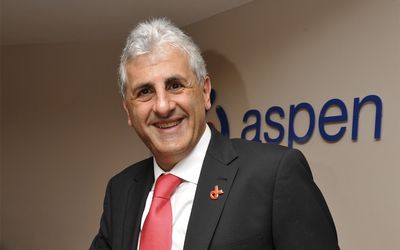
Stephen Saad. Picture: FINANCIAL MAIL
HEALTHCARE giant Aspen Pharmacare looks set to deliver strongly on synergies eked from recent acquisitions, and could generate more than the envisaged R2.5bn in additional profits in the 2019 financial year.
At the release of interim results to end-December 2015, Aspen was confident that the official ebitda (earnings before interest, tax, depreciation and amortisation) target of R2.5bn would be "achieved and exceeded". Aspen’s operating profit came in at R6bn in the interim period.
The projects to boost synergies included lowering the cost of goods for the anticoagulant portfolio, improving margins in the infant nutritionals business, bringing new manufacturing capacity and technologies on-line, building the third-party API (active pharmaceutical ingredients) business, and leveraging acquired intellectual property.
CEO Stephen Saad would not quantify by how much the company might beat its initial ebitda target. "The R2.5bn target is an absolute minimum. Let’s run at it for a year, and then we’ll update our number."
He said a "material value" of the synergies should be achieved in the next financial year.
Aspen highlighted opportunities to build a niche business based on supply of specialised APIs and finished dose forms to the US. Mr Saad said the US thrust was a key component in the plan to boost ebitda, but did not disclose how much of the R2.5bn ebitda target could come from the region. "There is more variability in this market, which makes it hard to call."
The market warmed to Aspen’s interim update with shares rising 1.93% to R302.06.
Lentus Asset Management chief investment officer Nic Norman-Smith said Aspen trading at a trailing earnings multiple of 25 times looked expensive against global peers such as Johnson & Johnson.
"Local investors do tend to pay up for quality defensive stocks, but one can’t discount the potential for more growth or more synergies at Aspen."
In the interim period Aspen shrugged off tricky trading conditions in its emerging markets to post an 8% increase in revenue to R17.3bn with profit after tax coming in 35% to R3.3bn on the back of improved margins. Its European business was the star performer with revenue jumping 21% to R6.1bn. A divisional breakdown showed international sales of just more than R9bn accounted for 48% of revenue.
The strong international performance was offset by a shabby performance in certain emerging markets, but Mr Saad believed there were opportunities for additional investments in certain of these markets. Further meaningful advances in the implementation of Aspen’s strategic objectives had been made and the company wanted to grow the business in targeted therapeutic categories. "We remain alert to opportunities to expand our product portfolio in these areas of focus."
Aspen’s net borrowings position increased R3.5bn to R33.5bn in the interim period. The debt increase was a factor of an unfavourable currency swing of R5.4bn, bu Mr Saad pointed out Aspen had paid down its hard currency debt. About 70% its is held in US and Australian dollars. Compounding the gearing was a R1bn devaluation in cash held in Venezuela.
Asked whether Aspen might consider a rights issue to bring down debt levels, Mr Saad said the company’s operational cash flows — which topped R3bn (after working capital) in the interim period — remained strong, and net interest was covered more than eight times by operating profits.
Aspen did disclose that a big portion of net debt reached term before the end of the calendar year. The company would refinance its debt this year.
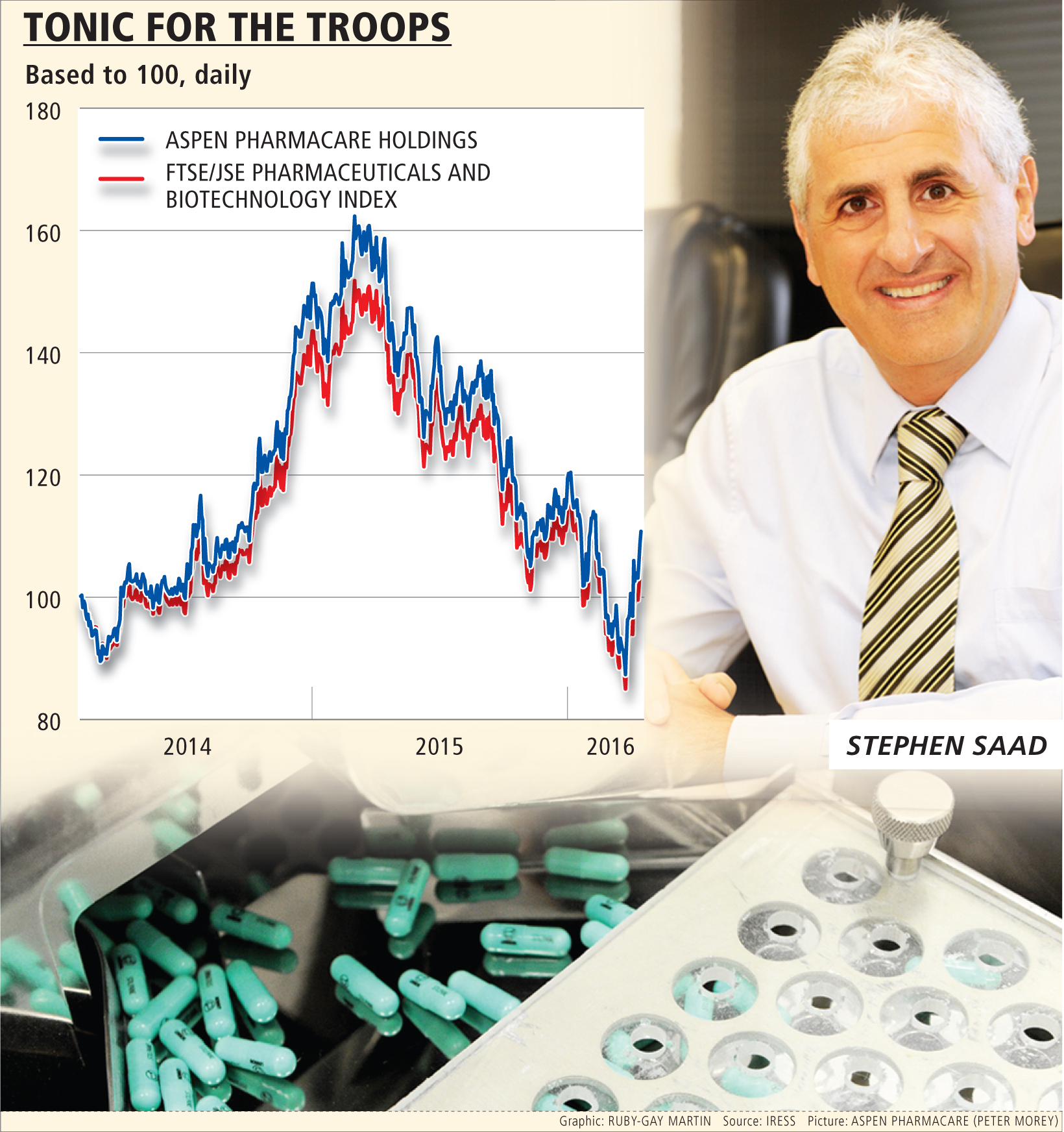



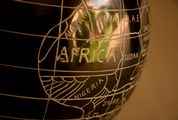
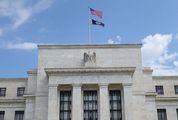




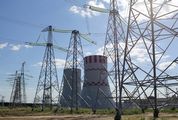











Change: 0.83%
Change: 0.93%
Change: 0.95%
Change: 0.73%
Change: 1.91%
Data supplied by Profile Data
Change: 0.58%
Change: 0.49%
Change: 0.83%
Change: 0.00%
Change: 0.53%
Data supplied by Profile Data
Change: -1.42%
Change: -0.79%
Change: -0.44%
Change: -0.86%
Change: -0.12%
Data supplied by Profile Data
Change: 2.27%
Change: 2.09%
Change: 2.23%
Change: 2.47%
Change: 3.62%
Data supplied by Profile Data